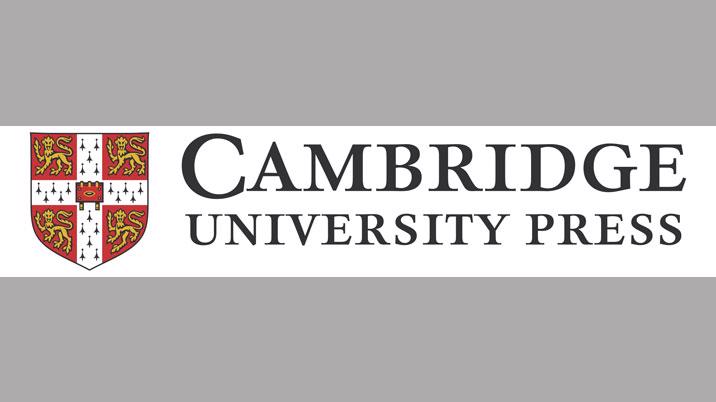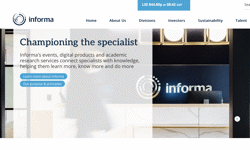
The announcement yesterday coincided with the start of Open Access Week (22-28 October), which aims to promote the benefits of Open Access and help to make it a new norm in scholarship and research.
From 1 January 2019, the following journals will move to Gold Open Access:
* Epidemiology & Infection
* Genetics Research
* Primary Health Care Research and Development
* Netherlands Journal of Geosciences
The change means people wanting to read these journals will no longer need to pay a subscription, making content for both readers and authors both more accessible and easily discoverable.
To mark Open Access Week, this year’s most downloaded articles from each of the journals will be made freely available until the end of October.
Plans are already in place to flip a larger number of journals to Open Access in 2020.
Fiona Hutton, Open Access Publisher for STM Journals at the Press, said: “Flipping these titles to Open Access will increase both the visibility and the impact of the high-quality research they contain. This in turn, will strengthen their position as highly influential publications in their respective fields. These are fields that are embracing OA and flipping will help the journals to better serve their communities.”
Open Access is an essential pillar of the Press’s Open Research strategy. Its mission to make Open Research work for the academic communities it serves, also lies behind its new content sharing service, Cambridge Core Share. This allows journal content to be shared quickly, easily and responsibly, with authors and readers able to generate a link to an article that can then be shared anywhere online, allowing anyone to read the final, published version for free.
There are now more than 270 journals benefiting from Cambridge Core Share, which went live in September following a ten-month pilot. Since then, more than 2,700 share links have been generated – a rise of 286 per cent on the previous monthly average, says Cambridge University Press.
Mandy Hill, Managing Director of Academic Publishing at the Press, said: “As an advocate for the benefits of Open Research, we are keen to support rapid dissemination and collaboration for researchers. We will continue to invest in innovative solutions and explore models that will ensure sustainability and quality for the academic community.”
Recent initiatives to drive forward the Press’s Open Research programme include:
* Investing in launching and developing new Open Access journals, collaborating closely with key research communities and societies
* Reaching an agreement with ResearchGate to enable our authors to responsibly share their research via one of the biggest scholarly collaboration networks
* Partnering with Code Ocean to increase the reproducibility of research by enabling authors to share the underlying code in their article and readers to easily run the same code
* Rolling out a new APC waiver policy to ensure global access to Gold OA
* Refreshing our double-dipping pricing policy to ensure that institutions and libraries never pay twice for our content
* Becoming a signatory to the Centre for Open Science’s Transparency, Openness, and Promotion Framework (TOP) and endorsing the FAIR principles for the persistence and discoverability of research data
* Partnering with Hypothesis and the Qualitative Data Repository to launch the ALPSP award-nominated “Annotation for Transparent Inquiry” for qualitative research.










